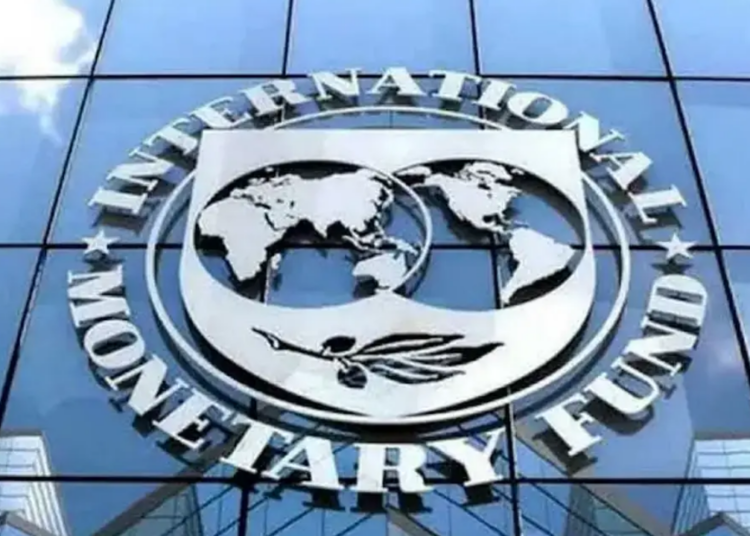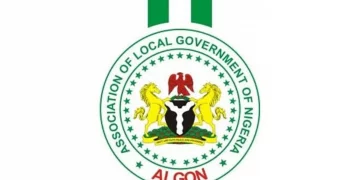The International Monetary Fund (IMF) has urged Nigeria and other emerging economies to strengthen governance systems and tackle illicit financial flows, warning that failure to do so could undermine economic resilience and erode public trust in government institutions.
IMF Managing Director, Kristalina Georgieva, made the appeal during a Civil Society Organisations (CSOs) Town Hall at the IMF-World Bank Annual Meetings in Washington on Monday, warning that despite the global economy’s resilience amid multiple shocks, many developing nations remained vulnerable due to weak governance, rising debt, and opaque fiscal systems.
Georgieva emphasised that effective governance assessments and anti-money-laundering frameworks are now indispensable for sustaining growth and attracting investment, particularly in countries struggling with high public debt and leakages in public finance.
“Illicit financial flows, what we call dirty money, undermine stability and public trust. Five to 10 years ago, this was underestimated; today, it is central to our analysis and policy advice,” she said, noting that the IMF now integrates anti–money laundering and governance diagnostics into its annual Article IV reviews and lending programmes to help countries identify and fix institutional weaknesses before they escalate into crises.
The IMF chief also announced a new Anti–Money-Laundering and Combating the Financing of Terrorism (AML/CFT) Strategy, aimed at tracing illicit flows, strengthening financial oversight, and improving debt transparency across member-nations.
Georgieva urged African governments, including Nigeria, to collaborate more closely with civil society organisations to ensure transparency and accountability in public finance management. “The governance diagnostic tool is not an audit; it is a preventive measure. Working together with civil society makes our efforts more credible and effective,” she said.
Highlighting Nigeria’s fiscal position, she noted that recent marginal declines in debt ratios were largely due to limited access to finance rather than improvements in debt sustainability, underscoring the urgent need for stronger institutional frameworks and credible debt-management strategies.
She highlighted that while Nigeria and some other low-income countries have seen marginal declines in debt ratios, the reduction is largely due to limited access to finance rather than improved debt sustainability. This, she said, underlines the urgency for stronger institutional frameworks and credible debt-management strategies.
According to her, inclusive governance is becoming just as critical as macroeconomic policy in restoring stability. “We are seeing young people across countries take to the streets because they have lost faith in institutions. Governments must deliver transparent, people-focused policies or risk losing social cohesion.”
The IMF, she added, will continue to work with the World Bank through the Global Sovereign Debt Roundtable and the G20 Common Framework to establish clearer rules for debt restructuring and ensure that both creditors and debtors agree on sustainable pathways to recovery.
“Countries can only grow out of debt,” Georgieva said, reaffirming the Fund’s commitment to supporting growth, entrepreneurship, and job creation, particularly in Africa’s young economies.





